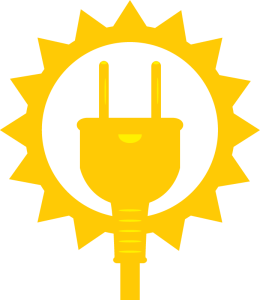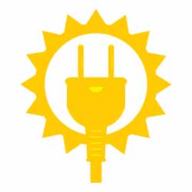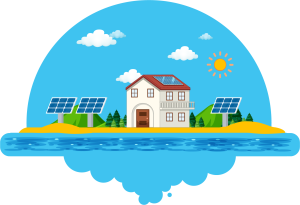Planning and preparation for determining the suitability of your location for solar panels is an important step before installing photovoltaic systems. Solar panels need specific conditions to be effective, so it’s essential that you take these into account when choosing a location. In this article, we will discuss some of the factors to consider when planning and preparing for solar panel installation at a specific location.
The first factor to consider is the orientation of your property. Solar radiation from the sun can be effectively captured by panels oriented in a south-facing direction, which is optimal for most locations in North America and Europe. West or east-facing orientations can also produce good results, but with slightly less efficiency than south-facing systems. Therefore, orienting your property to face south or west/east will be beneficial when determining the suitability of your site for solar energy production.
The next factor to consider is tree cover near your property; trees can limit the amount of sunlight available on your property and shade nearby solar panels. The shade cast by trees not only decreases efficiency but can also increase operating temperatures which may affect system output over time. As such, it’s important to identify any nearby tree cover that may cast shadows on nearby solar arrays and take steps to remove them if possible (such as trimming) or use other means to mitigate their effect (such as using optimized solar modules).
Another factor that affects system performance is rooftop design; if you are looking for an optimal solution for residential installations, then sloped roofs are generally better than flat ones since they allow more sunlight access during peak hours throughout the day. On the other hand, if you have a flat roof then there are still measures that can be taken to maximize available area such as installing trackers which rotate PV systems in order to capture more rays from sunrise all the way through sunset each day. Additionally, if you have tall buildings or trees nearby, then it might be beneficial to install taller poles so that your system has better access to direct sunlight during peak hours of the day without interference from surrounding obstacles.
Finally, don’t forget about local climate conditions! If there are frequent cloudy days in your area then this could drastically reduce system efficiency due to decreased amounts of direct sunlight reaching your PV array over time; therefore consider weather patterns in different seasons when selecting a site for installation as well as evaluating average daily temperatures since high ambient temperatures can reduce energy output even further over time due extreme heat affecting module performance efficiency levels.
With careful planning and preparation before installing any type of photovoltaic system, you can ensure optimal results while reducing long-term costs associated with maintaining them over their lifespan. By taking into account factors such as orientation towards the sun, surrounding tree coverage, roof design and local climate conditions before proceeding with any project you can guarantee that all necessary resources were taken into consideration before making any kind of decision and prevent disappointment once everything is said and done!













